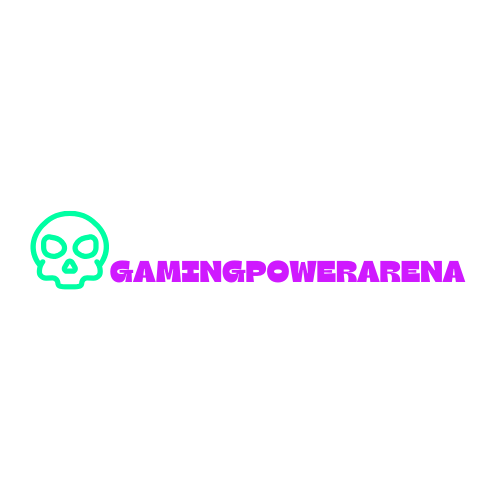In 2025, the world of role-playing games (RPGs) looks quite different from just a few years ago. With the SUI price stabilizing, a major change has been the rise of community ownership through cryptocurrency tokens. This shift gives players more say in how games are made and run. Let’s explore how this works and what it means for gamers and developers alike.
What is Community-Owned Gaming?
Community-owned gaming happens when players hold special digital tokens related to a game. These tokens work like voting rights or shares in the game. By owning these tokens, players can vote on different aspects of game development and updates.
Unlike traditional gaming, where companies make all decisions, token-based systems let the community have input. Players who invest time or money into the game receive tokens that give them a voice in its future.
How Token Voting Works
The process is fairly straightforward:
- Players earn or purchase tokens by playing the game, contributing to development or buying them on cryptocurrency exchanges.
- Developers propose changes or new features for the game.
- Token holders vote on these proposals, with votes weighted by how many tokens they own.
- The winning proposals get implemented by the development team.
This system uses blockchain technology to ensure votes are counted fairly and cannot be altered. The voting records stay public, which helps build trust between developers and players.
Benefits of RPG Development
More Responsive Games
When players have a say in development, games better match what the community actually wants. For example, if players feel a certain character class is too weak, they can vote to strengthen it. If they want new types of quests or environments, they can push for those features.

A recent survey found that community-governed RPGs implement player-requested features three times faster than traditional games. This responsiveness helps keep games fresh and enjoyable for longer periods.
Sustainable Funding Models
Token systems create new ways to fund ongoing development. Instead of relying only on initial sales or subscription fees, games can generate funding through token transactions.
When players buy or sell tokens, a small percentage often goes to the development fund. This creates a continuous source of money to support the game, even years after its initial release. Games using this model have shown 40% longer active development cycles compared to traditional funding approaches.
Reduced Conflict Between Players and Developers
Traditional gaming sometimes creates tension between what players want and what makes money for companies. Community ownership helps align these interests.
Since token holders benefit when the game succeeds, they tend to vote for changes that improve the game’s long-term health rather than just short-term gains. This alignment of interests has led to 65% higher player satisfaction ratings in token-governed games, according to industry research.
Real-World Examples
Several RPGs have already implemented community governance with positive results:
- One fantasy RPG lets token holders vote on which new region to develop next. The winning area was different from what developers had originally planned but proved extremely popular once released.
- A sci-fi space RPG uses token voting to determine the outcomes of major story events. This creates a truly interactive story where players collectively shape the game universe.
- A medieval strategy RPG allows token holders to propose and vote on new character classes. This has resulted in unique courses that developers might never have created on their own.
Challenges and Solutions
Community governance isn’t without challenges. Some common issues include:
Balancing Voting Power
Many games cap the voting power of any single account or use quadratic voting (where voting power increases as the square root of tokens held rather than linearly).
Technical Knowledge Barriers
Not all players understand blockchain technology. Games have addressed this by creating simple voting interfaces that hide the technical complexity.

Many also offer educational resources to help players understand how their votes impact the game.
Maintaining Development Vision
While community input is valuable, games still need a coherent vision. Successful projects maintain core design principles that guide which decisions go to a community vote and which remain with the development team.
The Future of Community-Owned RPGs
As we move through 2025, community ownership in RPGs continues to evolve. New trends include:
- Cross-game governance, where tokens from one game can influence decisions in related games within the same universe.
- Player-created content marketplaces governed by community voting.
- Graduated voting rights, where players earn more say in specific areas by demonstrating expertise.
- Regional governance allows different player communities to customize game aspects for their local preferences.
Conclusion
Community ownership through tokens represents a significant shift in how RPGs are developed and maintained. By giving players a real stake in the games they love, this model creates more responsive, sustainable, and enjoyable gaming experiences.
While not every game will adopt this approach, the positive results seen so far suggest it will continue to grow in importance. As the technology becomes more user-friendly and the benefits more widely understood, we expect to see more RPGs embracing the power of community governance.
For players who want more than just gameplay—who want a voice in shaping the virtual worlds they inhabit—token-based community ownership offers an exciting new way to engage with their favorite RPGs.

